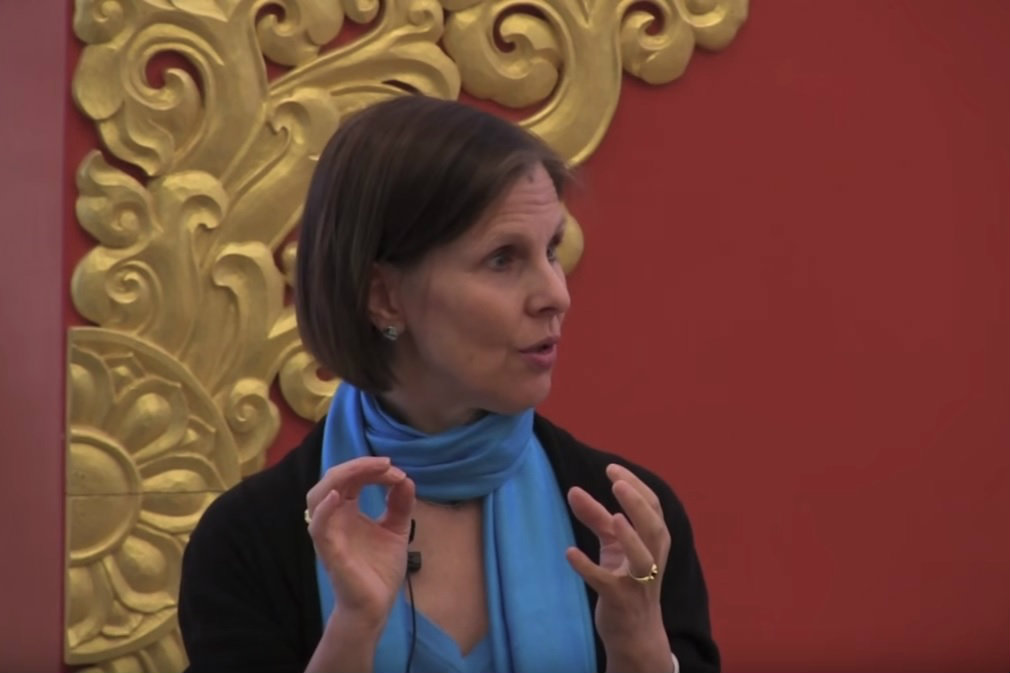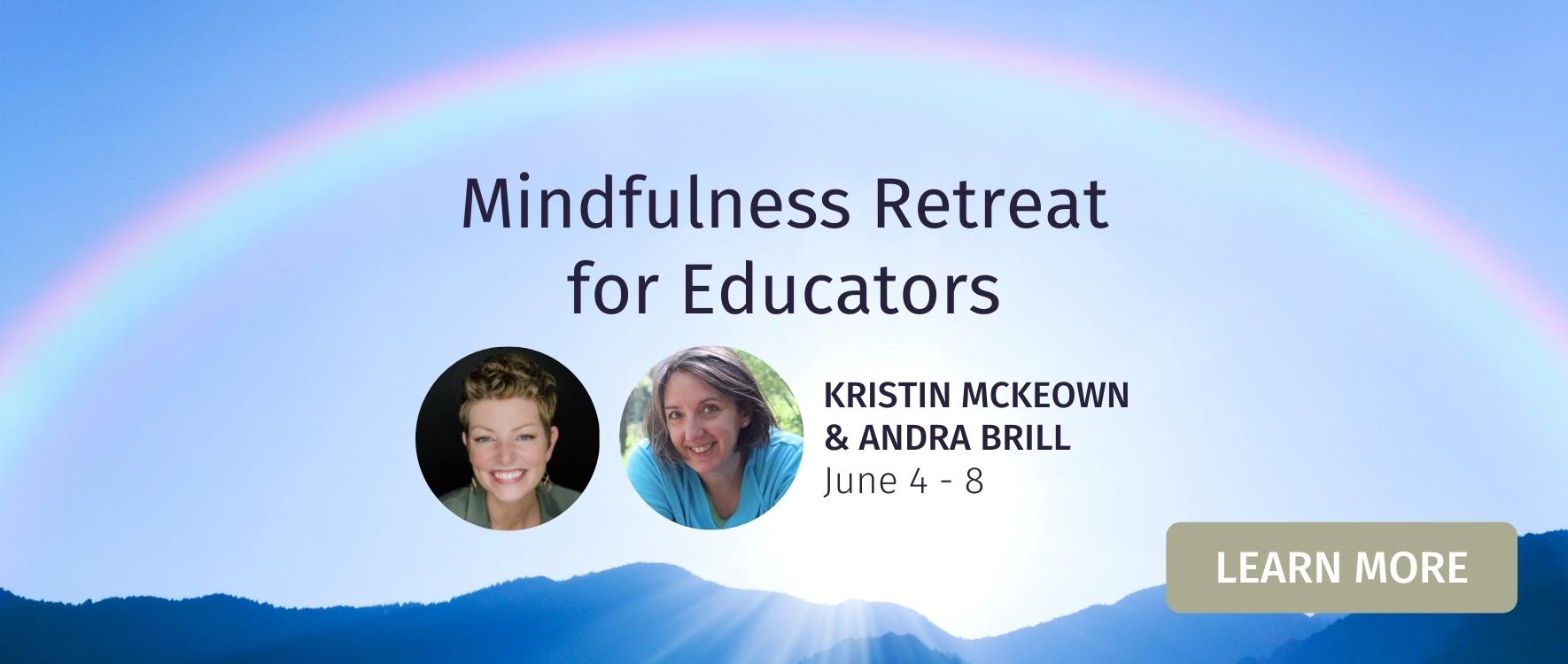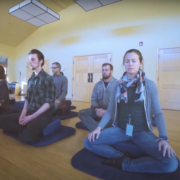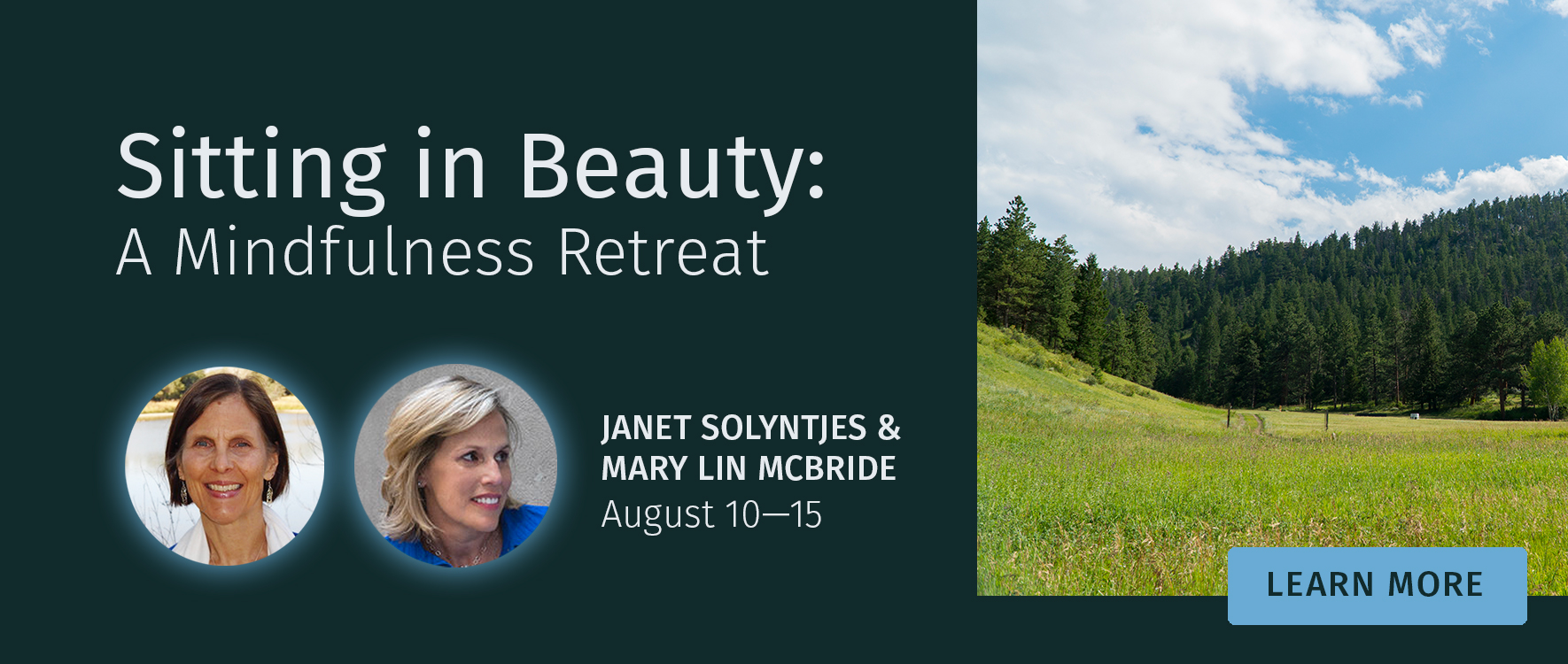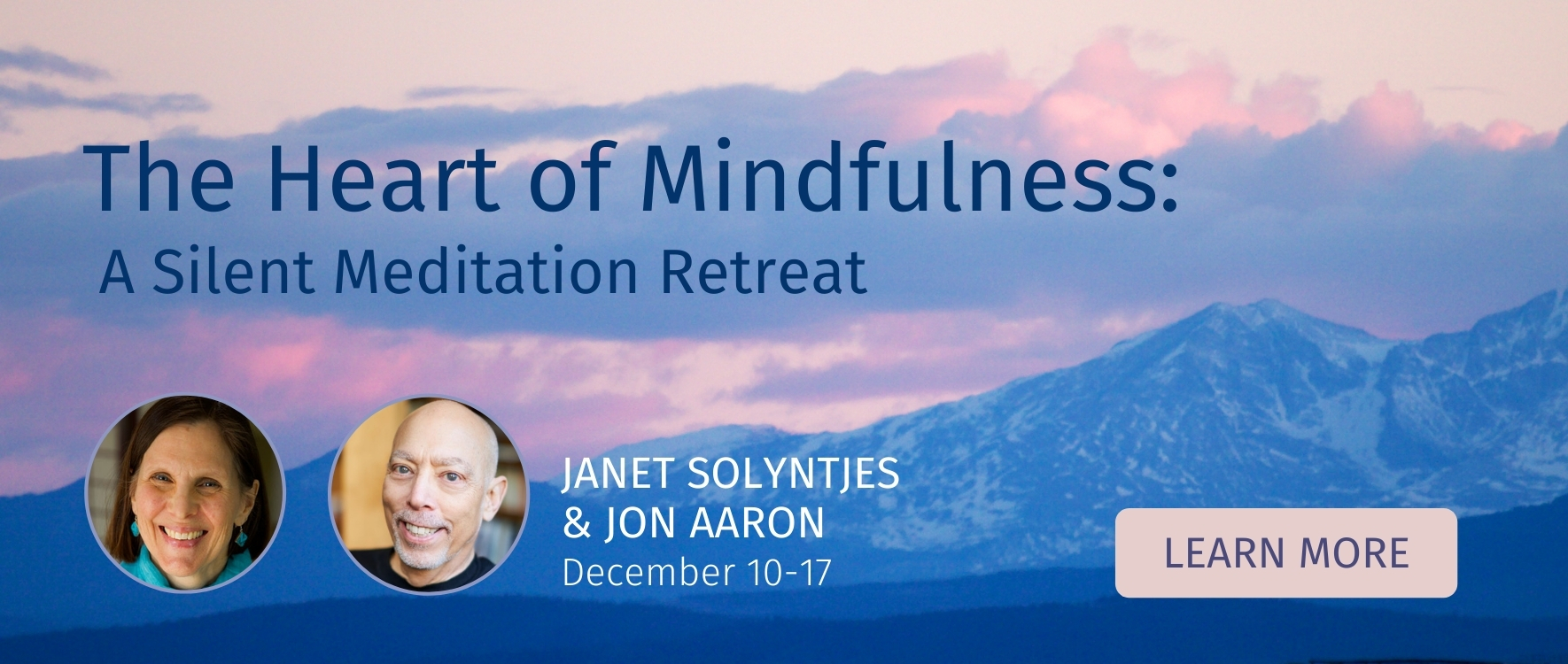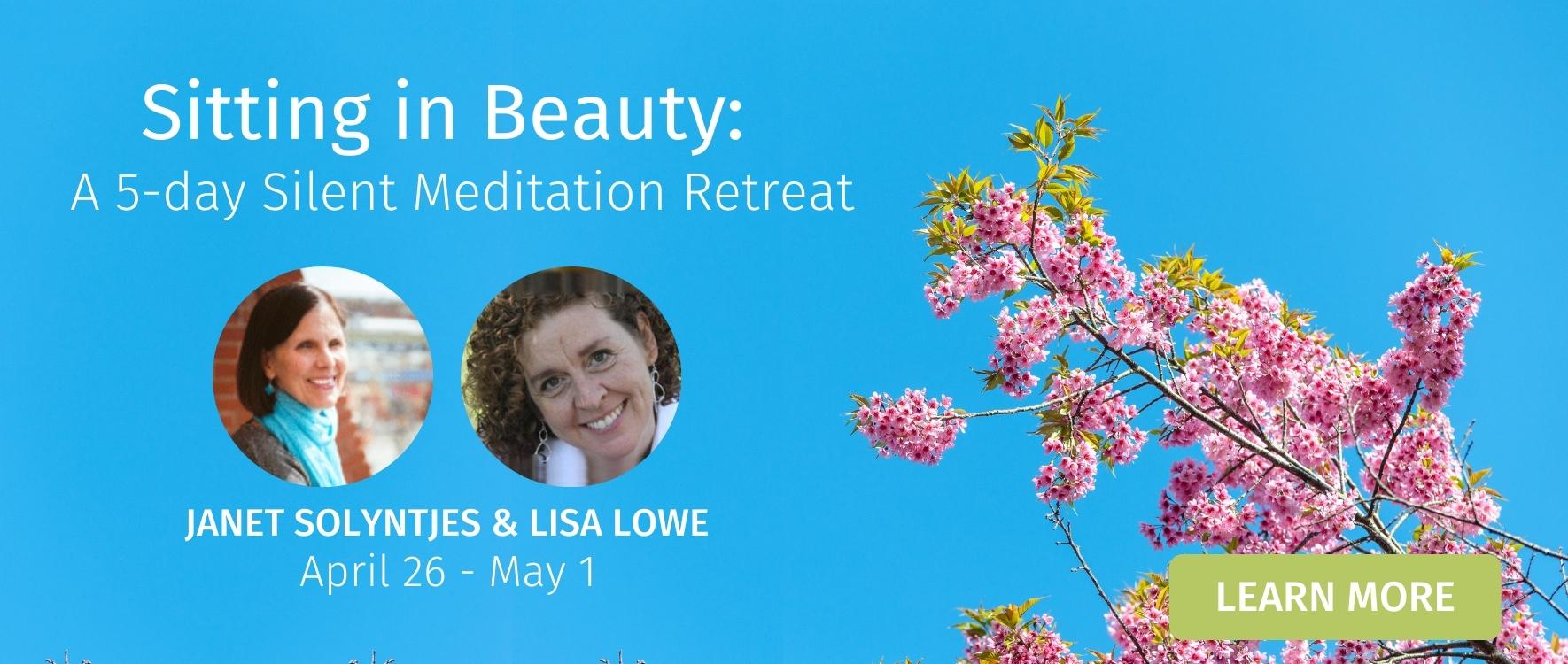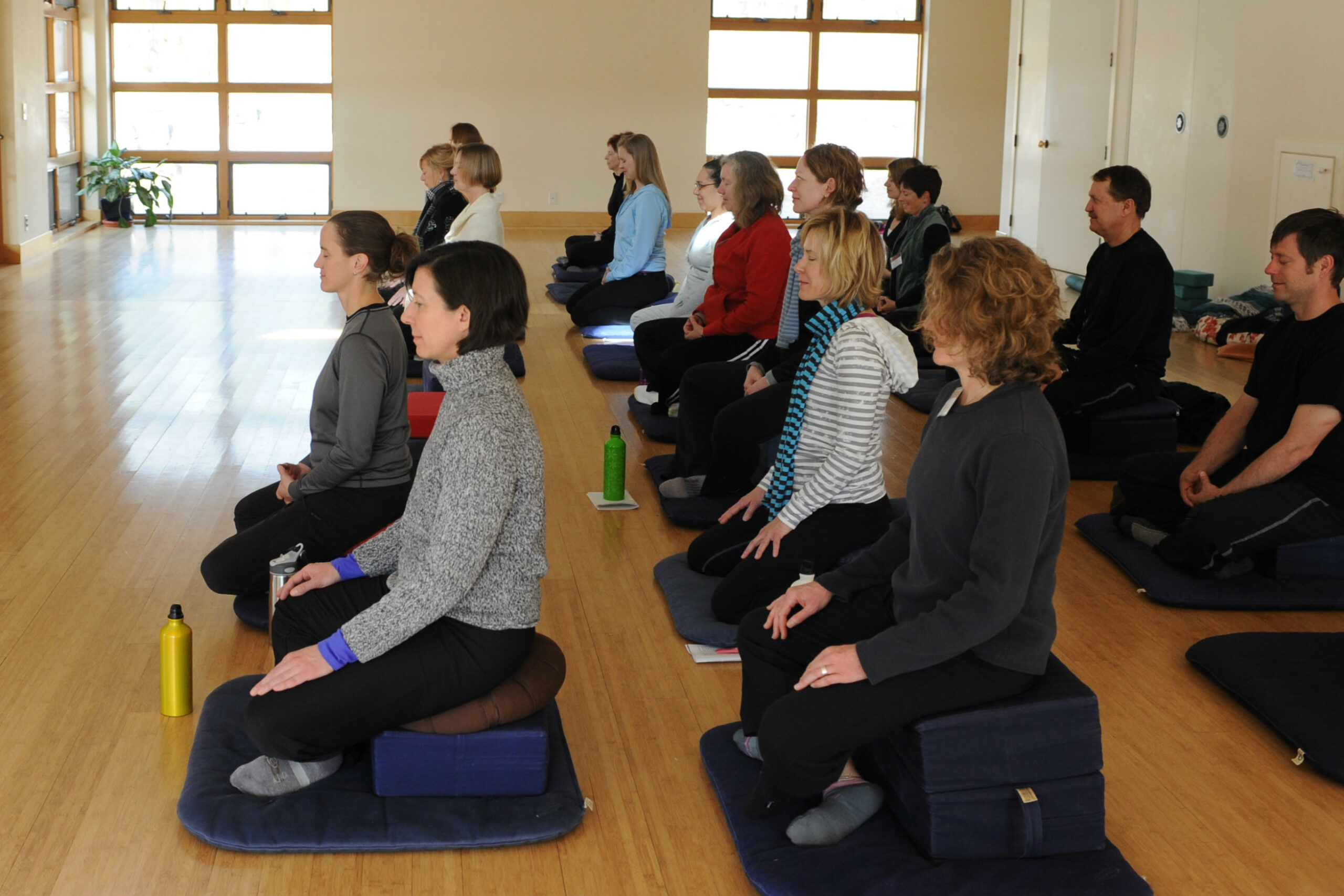The Paradox of Pleasure
By Janet Solyntjes //
“Americans have an inability to relax into sheer pleasure. Ours is an entertainment seeking-nation, but not necessarily a pleasure-seeking one….This is the cause of that great sad American stereotype – the overstressed executive who goes on vacation, but who cannot relax.”
― Elizabeth Gilbert, Eat, Pray, Love
The art of relaxation has indeed been lost in our culture where ever-increasing lists of what to accomplish – due date, yesterday – are keeping us running on high and seeking entertainment out of anxiety or boredom in both subtle and overstated ways (a tragedy not often mentioned in the news). If we are not heading to the retail store or surfing the internet for entertainment, we may be spinning images and stories of pleasure in the domain of our own thoughts. What does MBSR teach us? Pleasant experiences are best found through relaxation and letting go. Simple, yes. Easy, no.
The paradox of pleasure is that one has to fully experience moments of sheer pleasure before stepping out of old “addictive” habits of pleasure seeking. The fleeting experiences we call pleasant are by nature “sheer” – they are pure and unconditioned, completely free of any concept we bring to them. Yet, we often smear and diminish them with concept.
There’s a natural sacredness in the world – in the blue sky, muddy earth, the sound of leaves fluttering, faces of children at play, the feeling of muscles exerting, the change of season. We need not pursue pleasure, it’s present when we’re willing to experience the world directly. It’s as if our eyes have grown scales making it hard to see. When we relax the scales fall away.
The importance of formal mindfulness practice is that it opens our mind and brings awareness to both striving and letting go. Recognition and acceptance of “the seeking mind” becomes a stepping stone toward greater appreciation of life. Isn’t this what we are secretly hoping all of those pleasures will bring us?
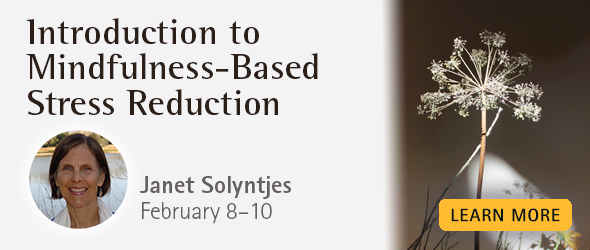
About the Author
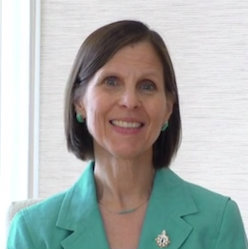
Janet Solyntjes, M.A. is a senior teacher (Shastri) in the Shambhala-Buddhist tradition and has offered mindfulness courses at Naropa University, Omega Institute, Hollyhock, Shambhala Mountain Center, and in corporate and non-profit workplaces. A practitioner of mind-body disciplines since 1977, she is a Certified MBSR Teacher and faculty member of The Center for Mindfulness at the University of Massachusetts. Janet leads MBSR courses in Colorado and offers mindfulness seminars and retreats in the U.S. and internationally. She is the co-founder of Boulder-based The Center for Courageous Living and is a teaching faculty member of the Engaged Mindfulness Institute.


